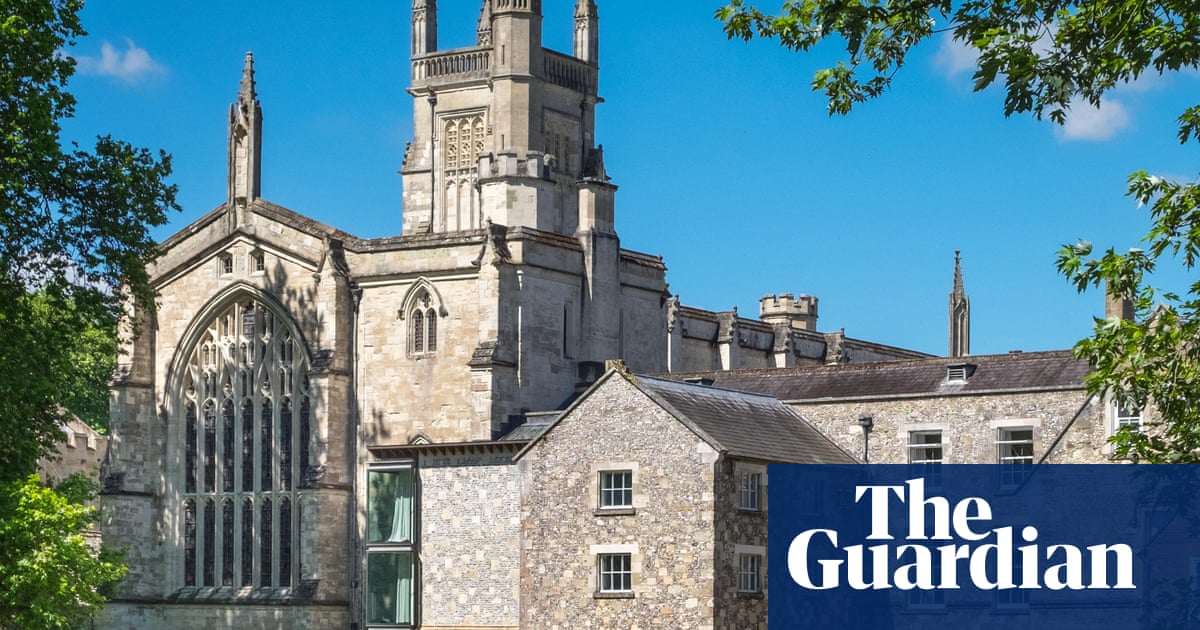The high court has dismissed a wave of legal challenges against adding VAT to private school fees in the UK, saying the government’s decision was a rare example of Brexit freedoms.
The judges said that adding 20% to private school fees would not have been possible under EU law, stating: “This is therefore one respect in which the UK’s exit from the EU has increased the scope of parliament’s freedom to determine policy.”
The addition of VAT to school fees was aLabour party manifesto commitmentat the 2024 general election, and first introduced in January. Ministers said the revenue would be used in part to recruit an additional 6,500 teachers for state schools.
Thewritten rulingby Dame Victoria Sharp, Lord Justice Guy Newey and Mr Justice Chamberlain rejected a series ofclaims brought by parents and schools, seeking to block the VAT addition on grounds including religious freedom, parental choice and special educational needs.
For the families claiming their children required special needs provision that was hard to obtain in state schools, the judges said their evidence “shows not only how bad it might be for them if they had to transfer to the state sector, but also how bad it currently is for many of the 1.1 million children with [special needs] who are already being educated in that sector”.
The judges found that while the legislation did interfere with some of the claimants’ human rights, the government had a “broad margin of discretion in deciding how to balance the interests of those adversely affected by the policy against the interests of others who may gain from public provision funded by the money it will raise”.
Rejecting references on access to education within the European convention on human rights, the judgment said relevant parts of the convention went “no further than the right of access to whatever educational system the state chooses to provide … and the right to establish a private school”.
It continued: “They do not include any right to require the state to facilitate one’s child’s access to a private school, even if the parent’s reason for preferring a private school is a religious one.”
Robert Lewis, the head of the education group at the Mishcon de Reya law firm, said the result was anticipated in legal circles. He said: “From the outset, the claim faced formidable legal obstacles: it sought to overturn a fully democratically endorsed policy; one introduced in theLabourmanifesto, debated in parliament, and enacted into law.
“Nonetheless, the judgment does offer a modest but meaningful silver lining for independent schools. It observes that an outright ban on independent schools would likely breach the UK’s obligations under the European convention on human rights.”
Julie Robinson, the chief executive of the IndependentSchoolsCouncil (ISC), one of the claimants, said: “This is an unprecedented tax on education and it was right that its compatibility with human rights law was tested.
“The ISC is carefully considering the court’s judgment and next steps. Our focus remains on supporting schools, families and children. We will continue to work to ensure the government is held to account over the negative impact this tax on education is having across independent and state schools.”
The Christian Legal Centre said it would support an appeal by claimants who said the tax discriminated against their right to maintain a private Christian education.
